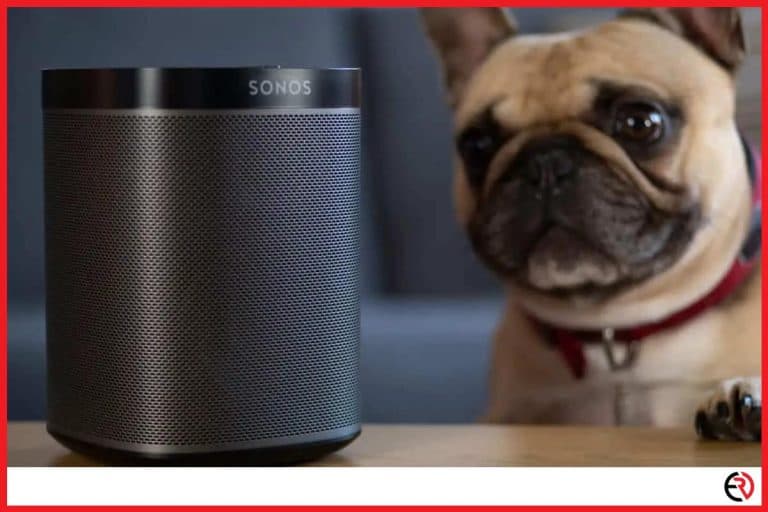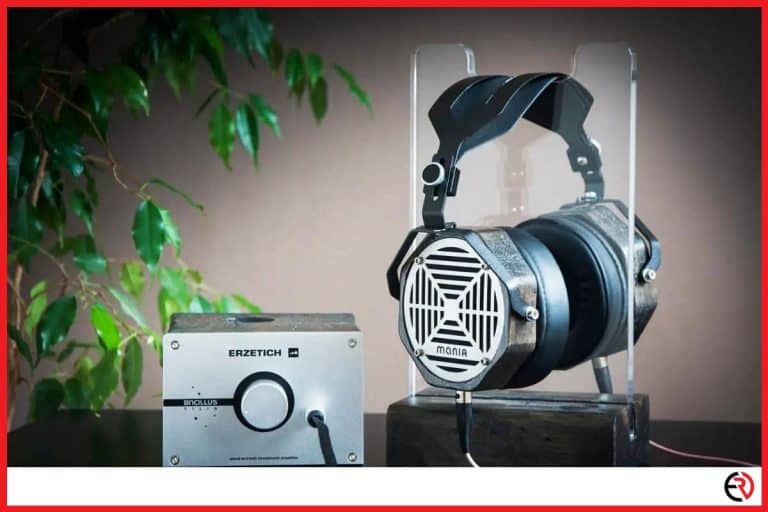Do Headphones Lose Quality Over Time? (With Fixes)
This post may contain affiliate links which means that, if you choose to make a purchase, I may earn a small commission at no extra cost to you.
From traffic jams to long runs, a good pair of headphones always saves the day. Because of that, you surely want your headphones to last for a long time. But with all of the complex wirings inside headphones, it’s normal to wonder if they can endure the test of time.
In this article, we are going to tell you if headphones lose quality over time and what you can do to fix it.
Will my headphones break over time?
Yes, your headphones will break over time, just like any other electronic out there. It is a complicated device with external and internal components that wear and tear over time, causing it from functioning well.
The problem with headphones is that they’ve become an important part of people’s lives. Commuters, joggers, students, and gym-goers use them every day. While you can protect your phone or tablet using a sturdy case, you just can’t do the same with your headphones. They are always exposed to dust, wind, and other elements. They fall, get tangled, and get caught on other objects, too.
More often than not, headphone damages are invisible. You just hear the static sound on one or two ears and you realize that your headphone is set for more damage. Other times, your headphones’ ear cups will just crack after being dropped.
Carelessness is the main culprit behind headphone damage. Do you put them in the right case? Or do you just put them into your bag and let the wire tangle? Do you like wrapping them around your smartphone?
Doing these will just bring your headphones’ inevitable damage faster. Let’s take a look at the specifics.
What can cause headphones to lose quality? (and how to fix it)
According to a computer science graduate, here are some reasons why headphones lose their quality:
#1 Rolling the cord into knots.
Many Youtube videos tell you to roll your headphones’ cord into a knot so it won’t tangle. However, this is a no-no because a tight knot will damage your headphones’ internal wires.
Instead of rolling the cord into a knot, use this roadie wrap technique below. You can then form an eight-like shape and secure the cord with a twist tie or rubber band.
#2 Using headphones without a case.
Throwing your headphones into your bag is another reason behind its damage. No matter how organized you think you are, the contents of your bag will get mixed up. Consequently, your headphones will be pulled, twisted, or crushed.
So use a case all the time. This may sound like a hassle, but a case will prevent the degradation of your headphones. Think of it, your headphones need protection as much as your smartphone or tablet does.
#3 Pulling the cord, not the jack.
According to PCMag, tension is one of the main reasons why headphones break. Pulling the cord creates tension on the internal wires, causing them to separate from the jack.
So the next time you stop using your headphones, pull it out from your gadget using the jack instead. If you think you can’t do this, consider switching to a headphone model with an L-shaped jack.
#4 Frequently exposing your headphones to moisture.
Water can damage any kind of device, including your headphones. Sweat can be a big problem as well, especially if you use your headphones when working out.
To solve this, you can put on a towel on your ears and place your headphones on top of them before you exercise. You should also stop using your headphones right after showering or when you’re out in the rain.
What can cause headphones to lose volume? (and how to fix it)
Aside from the usual wear and tear, headphones can eventually lose volume. This is due to the sound waves produced by it. The louder the sound, the more your headphones vibrate. Excessive vibrations can damage your headphones’ frequency and volume.
Initially, you’ll stop hearing some frequencies. The sound will then degrade, losing its qualities like bass and volume. Over time, the volume will become low, and you’ll hear a lot of buzzing.
To avoid this, you might want to stop using your headphones in its full-blast mode. Always set the volume at least one level lower than its full capacity. Doing this not only prevents your headphones from losing its volume. It’s good for your health as well. In fact, the World Health Organization stated that noise from electronic devices can be harmful to one’s health. So if you don’t want to lower the volume for the sake of your headphones, do it for your health.
Do you need to burn in your headphones?
Burning in your headphones means that you have to play sounds (white noise or pink noise) on them continuously for tens or hundreds of hours.
As plausible as it may sound, burning in your headphones does not have any scientific basis. According to Bryan Gardiner, an American magazine writer, there’s no evidence that burning in works. All it does is stop you from enjoying music and confuses you even more.
A study suggests that burning in your headphones does not bring as much as a night and day difference. There are zero to very small physical changes, and the changes perceived by listeners are not actual changes. Rather, it’s just them getting used to the sound.
Expensive vs cheap headphones: How does it affect the duration?
Cheaper headphones cost less to make than expensive ones. But thanks to innovation, affordable headphones are now better in terms of quality and duration. They can now last for up to a year and offer that somewhat powerful bass.
The difference between expensive and cheap headphones remains huge, but if you are on a budget, getting an affordable one isn’t as bad as it used to be.
Expensive headphones will always last longer than cheap ones though. Headphones may not last forever, but when the components are made of high-quality materials, you are in it for the long haul. Plus, you are more likely to take better care of expensive headphones than cheap ones.
Conclusion
Let’s face it: Headphones won’t last a lifetime. But with the proper care and right knowledge, you can extend its life.







